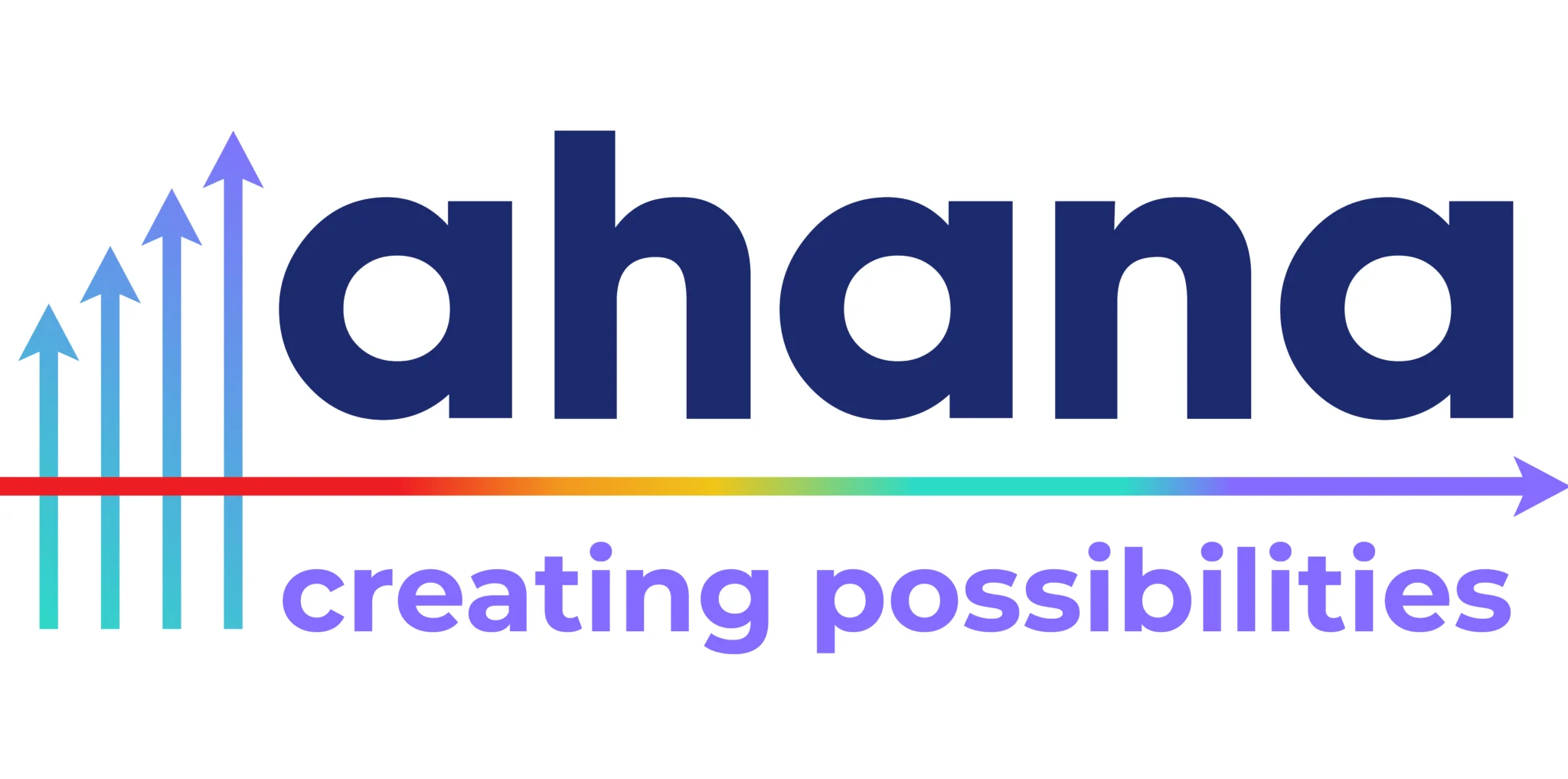AWS
AWS is one of the most extensively used public cloud services with a majority market share in the cloud space.
Used by many corporates and start-ups, Amazon Web Services (AWS) is a secure cloud services platform, offering Compute, Storage, Database, Networking, and Content Delivery, Developer and Management tools, Analytics, Security, Identity and Compliance, Business Productivity, Workspace Services, AI, IoT and more.
Microsoft Azure
Azure is a public cloud computing platform from Microsoft with solutions including Infrastructure as a Service (IaaS), Platform as a Service (PaaS), and Software as a Service (SaaS) that can be used for services such as Virtual Computing, Storage, Networking, Databases and Warehousing, Analytics, AI, IoT, Productivity and Work Space Services, DevOps, and much more.
Available across 58 Azure Regions and 140 Countries, Azure is the second widely used Public cloud service.
